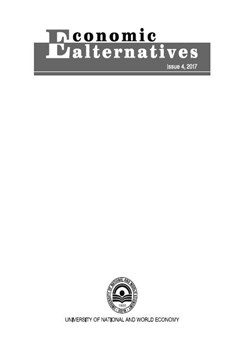Understanding Ethical Consumption: Types and Antecedents
Authors: Hristo Katrandjiev, Antonia Delistavrou, Irene Tilikidou
Abstract
Ethical consumption incorporates a variety of consumer practices, which have been fragmentarily investigated, so far. This research study introduces the overall concept of Ethical Consumption (EC) with the concurrent investigation of its three types, namely Positive, Negative and Discursive Ethical Consumption (PEC, NEC, DEC). The demographic, attitudinal and psychographic antecedents of each type were examined. The results of a survey conducted in Thessaloniki urban area, Greece with a stratified sample of 420 consumers are presented. The results revealed that Greeks do not frequently engage in any of the three types. The analyses of the results indicated the demographic, attitudinal and psychographic antecedents of the EC types and enlightened the insights and inter-relations in the overall domain. PEC is endorsed by middle aged, highly educated women, who receive relatively high family incomes. Consumers, who are less indifferent to ethical consumption issues, less sceptical about ethical products, more willing and capable of exercising their political interests and influencing the political system, are more likely to get engaged in PEC. NEC is endorsed by highly educated consumers, who feel more politically powerful, less ethically indifferent and hold higher post-materialist values than their counterparts. DEC is endorsed by young, post-graduate professionals. Consumers, who are less indifferent to ethical consumption issues, less sceptical about ethical products, less materialists and feel more politically powerful, are more likely to get engaged in DEC.

